I have never been so enraged by the ending of a series. It felt unfinished and unsatisfying. All I could think about was the numerous close friendships, romances, and family relationships the series had torn asunder in its final episode. There was heartbreak at every turn.
As a father, however, at that time of a two and a half year-old boy (who is now about to be ten years old), my greatest sadness was the idea that Ben Sisko’s as yet unborn baby was left without their father. This troubled actor Avery Brooks as well, as he didn’t want to see the stereotype of the absentee brown father perpetuated. This is a major reason (if not the sole reason) Ben returns to Kassidy and says he will return. Given that the Prophets exist outside of time, it is conceivable that they could chat with Ben for centuries and return him right back to when he left. So, there is hope buried in the melancholy and sadness.
The episode lives squarely in this realm, never fully allowing us to feel completely hopeful, but also never breaking forth into full-blown grief. It exists in a kind of middle ground, which is probably what I found so frustrating when I first viewed it.
I’m probably less angry about the episode--at least a little less--than I was back then. There’s more than just sadness, but the shock of seeing so many relationships split up has given way to head-shaking disappointment. DS9 was never too precious about such things and its writers made that clear in grand fashion in the series’ finale.
But then there’s that stubborn hope. It’s there. It’s present and palpable, even amidst the grief of separation. And that nagging hope is what keeps the episode from being completely deflating. When I was so determined to hate this story, it was irritating. But I’ve come to find it to be quite beautiful--more beautiful, perhaps, than if everything were left neatly tied up with a bow. In fact, there is a theological depth and a deeply human beauty to the ending of Deep Space Nine. I discovered it mere minutes after yanking out those earbuds and it’s been with me ever since, long having eclipsed my initial response.
What I left behind in my analysis of this episode was my anger. You can read about what I found in my capstone post for Reel World Theology’s Trektember 2019.

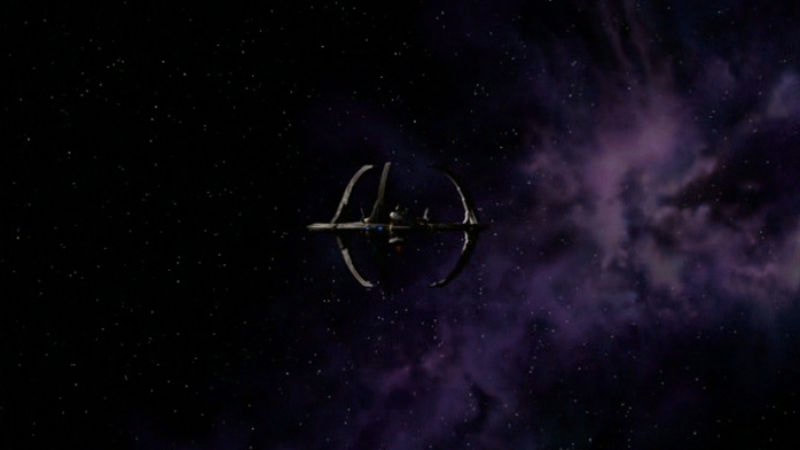
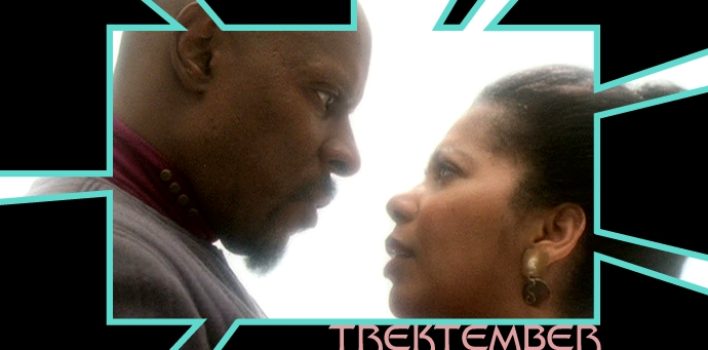
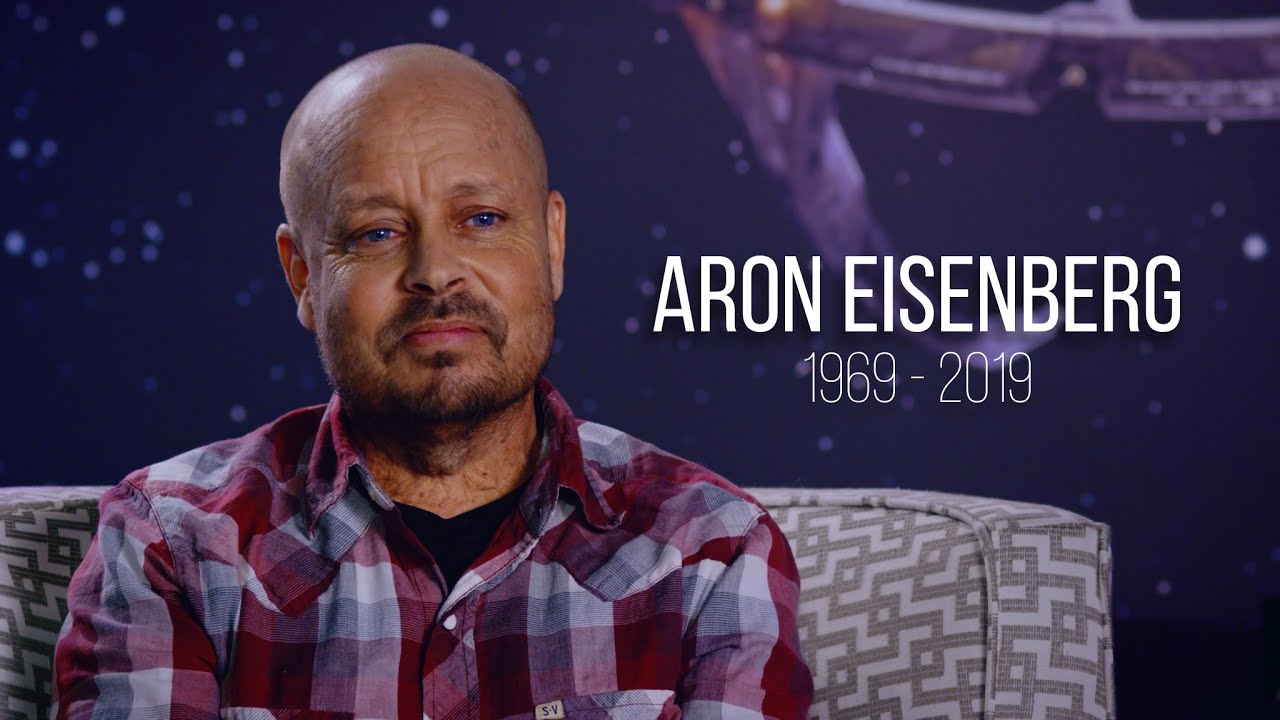
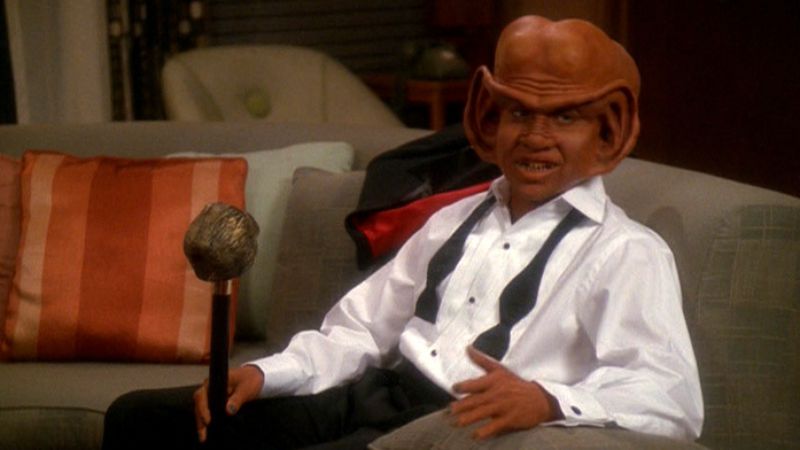
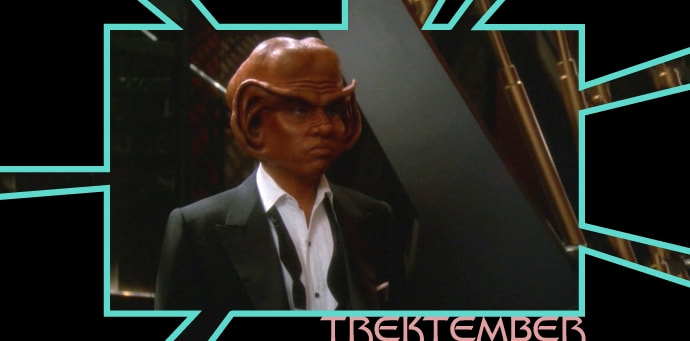
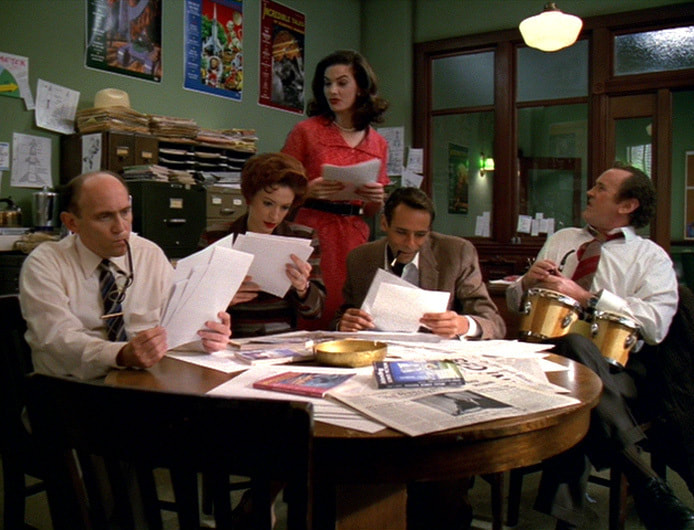
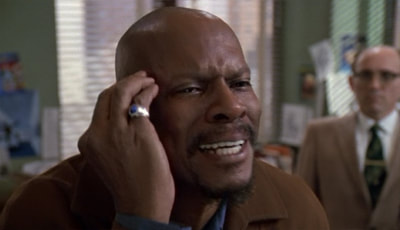
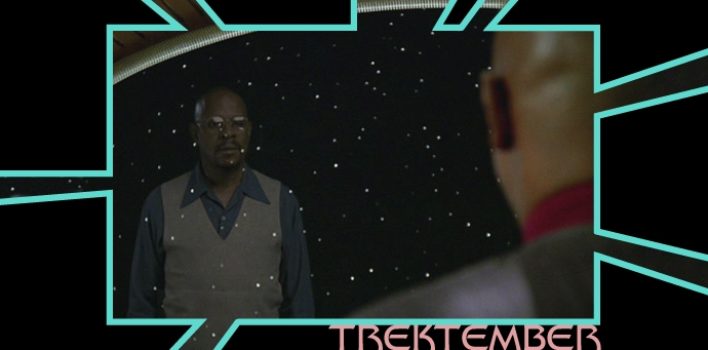
 RSS Feed
RSS Feed
